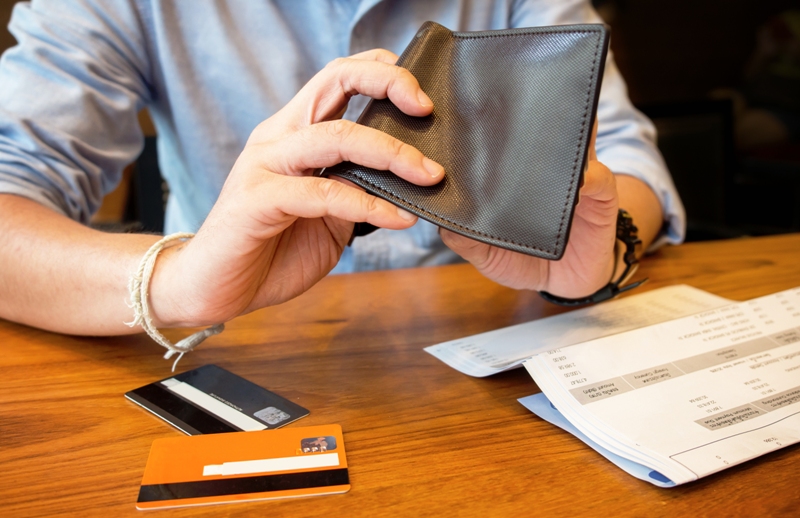
There be alternatives.
Once you have been declared bankrupt you give up control of your finances and assets to a Trustee in exchange for protection from legal action being taken against.
Depending on your financial situation, there may be alternatives to bankruptcy such as formal arrangements.
Bankruptcy has consequences which you should know about, as you may not have to go bankrupt.
You can become bankrupt voluntarily owing any amount. However a creditor cannot make you bankrupt unless the debt you owe is $5,000 or more.
Once you are a bankrupt:
- Your unsecured debts are released, including;
- Most legal actions being taken against you are stayed, i.e., cannot proceed This will also include debts which you have taken out with another person, that is, joint debts, and even money you may owe to your family and friends. Whilst this may concern you, including these creditors, to do so might bring significant benefits, and
- This also applies to a garnishee from your income or bank account or any recovery action by a sheriff or bailiff.
There are some debts which you must continue to pay during bankruptcy and these may include:
- Penalties and fines imposed by the court;
- Your utility bills; and
- Any debts you incur after your bankruptcy.
When you become a bankrupt some of your assets can be retained because they are protected property and some may be taken and sold by your trustee, namely:
- Houses; apartments; land; business and any other real property;
- Motor vehicles which are not exempt;
- Shares and other investments;
- Any tax refund from income earned before you became a bankrupt;
- Proceeds from a deceased estate where the person died before or during your bankruptcy;
- Lottery winnings; and
- Any asset you own with another person.
You can keep:
- Most of your ordinary household or personal items;
- Tools of trade used to earn an income up to a set limit;
- Vehicles (e.g. cars or motorbikes) up to a set limit;
- Most funds in a complying superannuation fund;
- Life insurance policies;
- Compensation for a personal injury; and
- Centrelink payments.
Your trustee has to realise any equity or interest you have in a property. This may mean that the property has to be sold. If the property is jointly owned, the joint owner may make an offer to purchase the trustee’s interest in the property.
If you are already unable pay your debts, you should not incur further debts because if you become bankrupt, it may be an offence under the Bankruptcy Act, and you may be prosecuted.
You will be responsible for any debts incurred by you after bankruptcy.
Only a secured creditor can generally have access to and deal with secured property.
Basically, you cannot continue to use your credit cards after bankruptcy.
You can have a bank/cheque account with the agreement of the financial institution.
If you earn an income above an indexed statutory amount, you are obliged to make regular payments or “contributions” to the trustee for the benefit of creditors. As contributions are enforceable at law, if payments are not made voluntarily, the trustee can issue a notice on your employer to garnishee your income.
If you strive to pay your debts or come to an arrangement with your creditors your bankruptcy can be annulled.
You have both rights and responsibilities once bankrupt, namely;
- If you are borrowing money, purchasing goods on credit or incurring credit in any way exceeding a prescribed amount (indexed), it is an offence it is an offence if you don’t inform the person with whom you are dealing that you are an undischarged bankrupt.
- You can still operate a business while bankrupt. If you trade under an assumed name or business name either as a sole trader or in partnership, you have to disclose to all your bankrupt status. You cannot be a director of a company or be involved in its management without the permission of the Court.
- You are required to notify your trustee of all changes of name and/or address; and
- If you wish to travel overseas, you must obtain written approval of your trustee.
When you become a bankrupt your name will be on the public record forever. Your name will be on a commercial credit reference for 5 years even if your bankruptcy has been discharged, however this problem can circumvented in most instances.
Bankruptcy lasts for three years and the Federal Government is considering shortening this.
